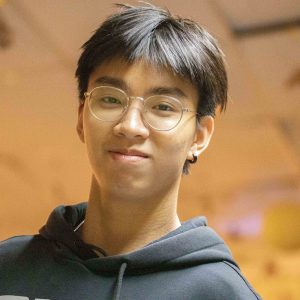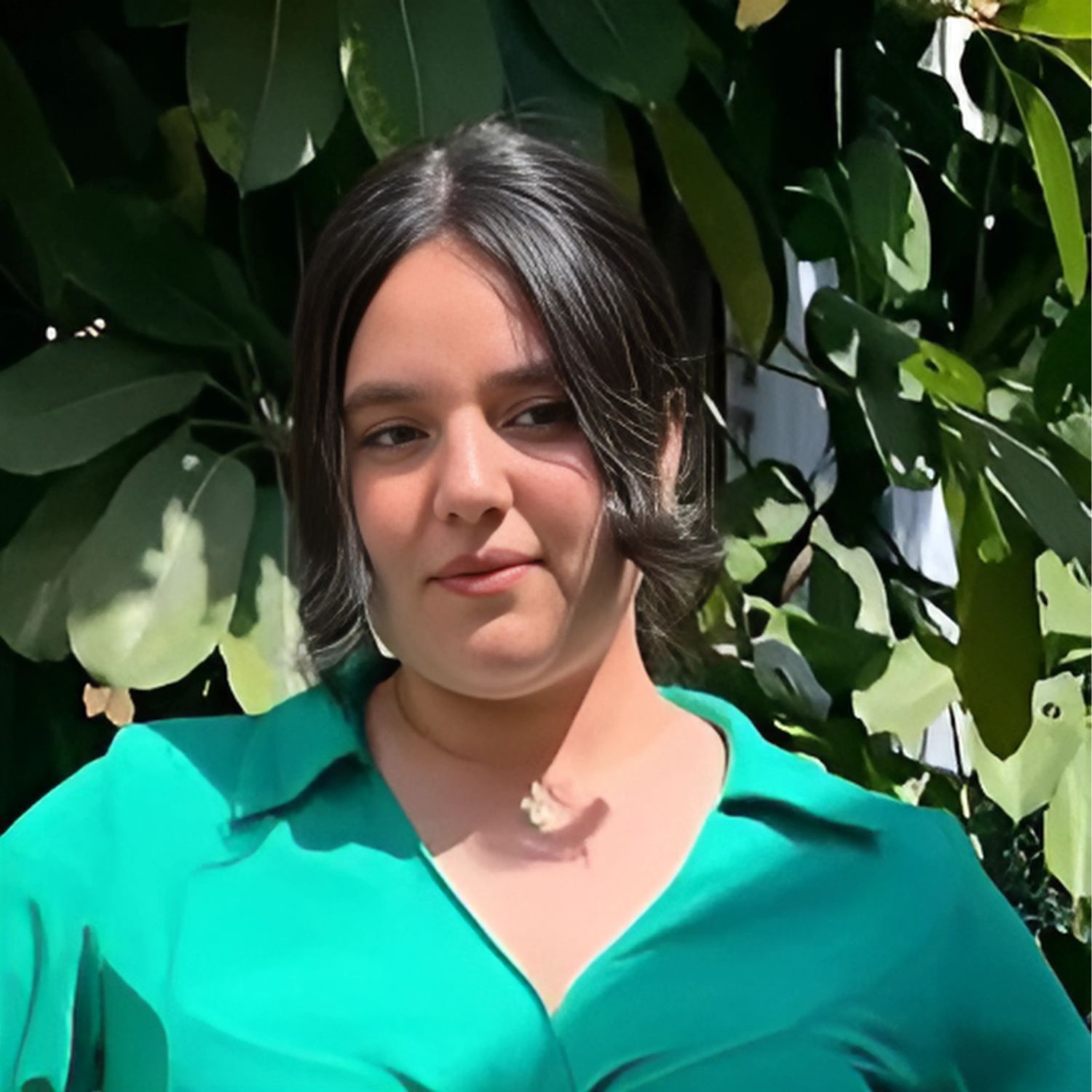
Student Spotlight: Xuan Bach Nguyen BA’26
Meet our students! This is Bach from BA '26, hear what he has to share about this experience at DRBU so far!
Name: Xuan Bach Nguyen
Cohort: BA ’26
Hometown: Hanoi, Vietnam
What were you doing before DRBU?
I was a student in one of the top high schools in my city before I came here. My younger self had a great love for sports, which might also be the reason for my “unlimited energy source” as people often call it. However, learning how to use this energy and not letting it overflow is crucial in my journey at DRBU.
What is an influential class, book, or concept that blew your mind?
In my first year Rhetoric and Writing I class, we read an article by Nietzsche, “Truth and Lies in a Non-Moral Sense”, in which the idea of tagging a name/meaning to an external object is mentioned. This idea was basically about neglecting the differences in the characteristics of the objects and then tagging them all with the same “name”.
For example, even though there are significant differences between an oak’s leaves and a redwood’s leaves, we tag both of them with the name “leaves”. Even in these smaller classifications, all the redwood leaves are under the tag of “redwood’s leaves” despite their subtle differences. As a result, Nietzsche wants to point out the insignificance of language, that language is not even enough to completely describe the essence of objects.
Can you tell us the title of a recent paper? What is it about? What is it really about?
My most recent paper is one I wrote for Indian Classics I class and it’s titled “Brahman’s Power.” The context of the paper is theUpanishads (the hidden teaching). My thesis statement was about the illustration of Brahman’s power and an inquiry about the meaning behind it.
By employing a method known as “pan, track, and zoom,” I started my investigation by establishing a general context of how Brahman (considered a state of realization in ancient Indian times) interacts with other gods (Pan). I then delved into the specific interaction of Brahman with the gods of Fire, Wind, and Indra, highlighting the power of Brahman, evident in the inability of other gods to make any impact on the blade of grass held by Brahman (track). Finally, the analysis focused on this type of power, prompting a further inquiry into its meaning (zoom).
How has DRBU changed you? Are there any surprising things you learned or challenges you faced?
The changes are significant when you compare me in my first year to present me, specifically in the way I think and perceive life, my physics, and the resolution I take towards certain problems.
The clearest change, I guess, is in the way I think and make decisions in my daily life. I now tend to look deeper and analyze everything before executing any kind of action, or even beginning to think about these certain conditions. It’s like learning mathematics, the underlying purpose of it is to gain logical thinking, and the same thing applies to all the abstract/philosophical texts that we read. It’s not for going outside the world and talking about Mengzi, but to develop critical thinking that helps us truly “live” a life. A surprising thing that I realized after spending more than a year at DRBU is that just by being in DRBU’s nourishing container, the process of change is always subtly and constantly happening.
What does contemplative practice mean to you? Do you have a daily practice?
To me, contemplative practices are exercises for our mental health. Just like how like doing stretches and sports improves our physical health, certain contemplative exercises serve the purpose of improving our mind. The contemplative practices can vary in a great number of forms, ranging from meditation, and recitation to Taichi and yoga. Due to the differences in each individual’s condition, everyone has their own unique, different practices that fit them the most. Metaphorically, it’s like a pill that is designated to you and you only.
Mantra recitation is my daily practice, in which I recite the Shurangama mantra one time and the Compassion mantra three times every night before going to sleep. One of the main reasons I do this is because of the amount of concentration that the practice brings, focusing on reciting trains my mind to be more mindful.
What’s it like to be a part of the DRBU community? What do you do outside of class?
Being a part of the DRBU community is one of my biggest blessings. As I mentioned before, by being in this environment, the process of polishing yourself has already happened. Living in Sudhana Center with other male students, we see each other as close friends, supporters, teachers, and sometimes even brothers. Even though conflicts sometimes happen, a spirit of loving-kindness and compassion is clearly shown as everyone will care and try to help as much as possible.
Besides the time at school and dorm, I also participated in a lot of soccer and sports events around Ukiah, where I developed a friendship with people who share the same hobby as me.
Can you share a memory of a quintessential DRBU moment with us?
A DRBU moment that impressed me the most was when I presented at the school’s Symposium. I was so happy and excited that everyone stood up and hand-clapped for me when it was my turn to present. A sense of support and encouragement filled the atmosphere and made me feel extremely supported.
How has financial aid played a role in your being at DRBU?? What’s your service scholarship (work-study) job?
Financial aid played an essential role here at DRBU. Besides the support I received financially, I also gained tons of experience and lessons through all the work-study tasks. For example, through recycling last semester, I learned a lot about classifying bottles, cans, and paper to decrease the amount of trash in the community. This work also helps others in the bigger community that we live in, the City of Ten Thousand Buddha, and keeps the commonplace clean as well.
In addition, since I maintained both study and work at the same time, time-management skills are one of the most important skills I learned from this process. This not only supports me in the studying process at the present but also my career path in the future.
What would you say to someone who is thinking about applying to DRBU?
Believe in yourself and the path you choose. Whatever you decide to bring to DRBU, I guarantee you will receive a lot more than you can ever imagine. Since it’s an important decision, please give yourself time and space, and then you’ll have the best answer. Try your best!


